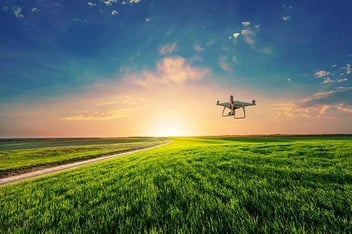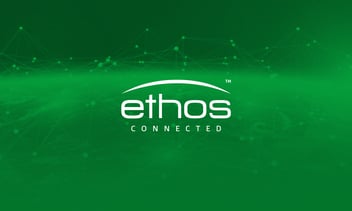For years, water conservation has been a critical worldwide concern. We know that all communities need access to safe, clean water to thrive, yet droughts, aging infrastructure, and other factors continue to cause water scarcity.
The Environmental Working Group (EWG) manages a compiled database with five years of state and federal drinking water across 50 states and nearly 50,000 local utilities. They found that, in the U.S., water contamination disproportionately impacted rural communities. In short, these communities are experiencing the brunt of the water crisis.
Smart metering and other advanced technologies can also support the conservation and maintain our water supplies.
Innovative Solutions Offer a Pathway to the Future
As science and technology move forward, water management becomes even more sophisticated. New intelligent solutions leverage hardware, software, and analytics to detect leaks, conserve energy, improve water quality, and more.
These tools give both corporations and consumers deep insights into their water usage, allowing them to invest in more effective conservation efforts. These advanced systems also facilitate sustainability and productivity in rural communities facing water management challenges.
Smart Metering in Real Time
Smart meters are a great example of smart water management technology. These wireless meters enable real-time monitoring of water consumption, providing communities the ability to leverage resource, personnel and water availability in a more efficient and meaningful way. Smart metering delivers multiple benefits, including:
- Real-time data to make strategic decisions and adjustments to optimize usage,
- Leak notifications to mitigate losses through swift response,
- Billing transparency to avoid surprises and build trust and confidence, and
- Consumer enablement to manage use, based on measurements.
These benefits all provide a pathway to rural sustainability, allowing these communities to drive the digital transformation of the agricultural industry and the communities they support.
What Role Does LoRaWAN Play?
Presently, most rural communities don’t have the network or infrastructure needed to access real-time water usage insights. Though, with the adoption of AMI (Advanced Metering Infrastructure) technology powered Ethos Connected’s public, carrier-grade, secure Long Range Wide Area Network (LoRaWAN ®), they can now invest in upgraded technologies at a fraction of the cost.
LoRaWAN is a wireless protocol that allows smart meters and other low-power sensors to be remotely accessed and controlled in what is generally known as the Internet of Things (IoT). The goal of the IoT is to connect our data points to make things more efficient, reliable, safe, and cost-effective.
The benefits of LoRaWAN-powered smart meters are two-fold. On the consumer side, real-time data monitoring supports increased confidence and better provider protections. For public entities, the cost-effective connectivity improves sustainability, operational efficiency, autonomy, and profits. Together, these features create the opportunity for additional investments from the community in resilient infrastructure, that lays the foundation for growth.
Manage Your Water Supply
Discover how Ethos Connected helps communities leverage solutions-based innovations that support real-time monitoring and conservation of everything from groundwater, soil moisture, temperature, and sunlight. Our IoT solutions deliver real-time data collection to drive sustainability initiatives, protecting vital natural resources and support critical infrastructure. We also provide accurate and up-to-date information that enables producers to address water sustainability efforts.
Ethos Connected currently owns and operates the most extensive, SLA-backed public, carrier-grade LoRaWAN ® in North America and continues to expand throughout the United States. We are on a mission to make water management smarter, safer, and sustainable.
.png?width=102&height=92&name=image%204%20(3).png)
.png?width=102&height=102&name=image%204%20(4).png)




